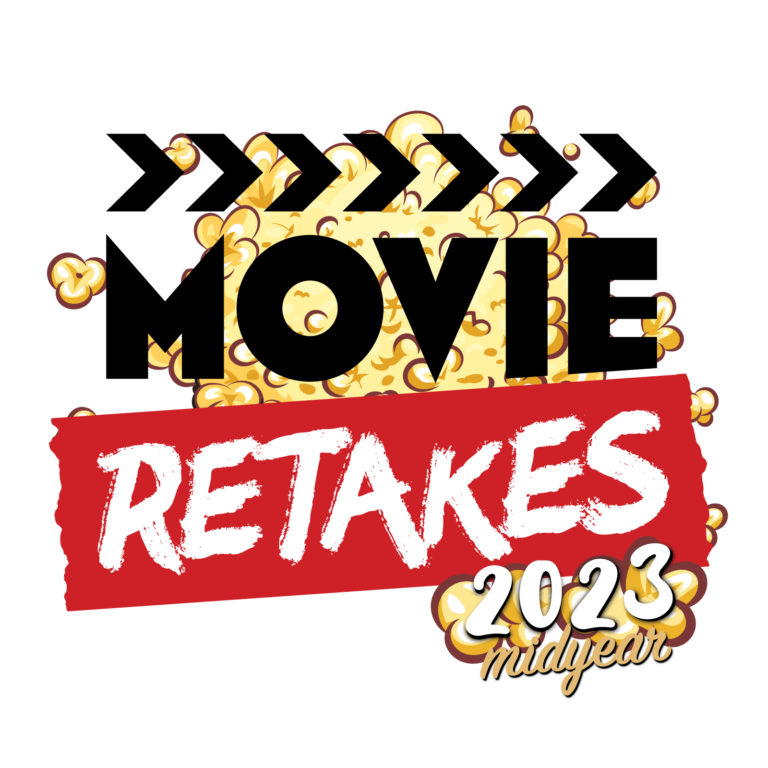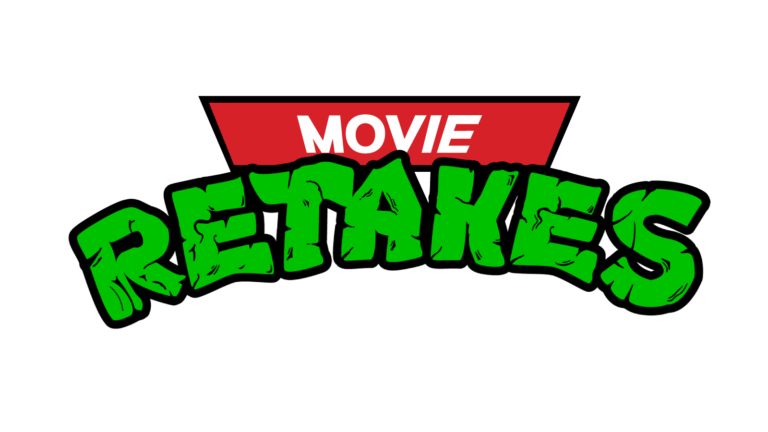CS Interview: Star Aaron Eckhart talks crime thriller Wander
ComingSoon.net got the opportunity to chat with Golden Globe-nominated actor Aaron Eckhart (The Dark Knight, Thank You for Smoking) to discuss his role in the mystery crime thriller Wander, which is now available on digital platforms and VOD! Click here to rent or purchase the film!
RELATED: Wander Trailer Starring Aaron Eckhart & Tommy Lee Jones
ComingSoon.net: So Wander is an interesting little film. But what about it really drew you to want to be a part of it?
Aaron Eckhart: Well, you know, it’s really just the actor in me. I like the story. I like the fact that the guy is going in the late stages in grief or the middle stages of grief and he has to deal with the fact that his daughter is gone and his wife is pretty much gone from him and he’s got to deal with life. It’s sort of how a man deals with those characteristics of grief and picks himself back up and then he gets in this conspiracy thing. I just felt it was a fun character to play and it was and he has a lot of idiosyncrasies and he’s kind of a weird guy and I just thought that would be cool.
CS: What would you say were some of the biggest creative challenges getting to the heart of your character?
AE: Well, it’s always how you feel about your loved ones. You know, I think that’s pretty universal in movies, and movies are all about destruction and death and all of that, the hurtful things in life. So that’s what an actor has to go through. I felt getting in touch with a daughter that I’ve never had personally, but, you know, what would happen if a family member died in said circumstances or when one’s faced with having to contend with something that’s larger than himself, like a government conspiracy that you believe isn’t right. What are your morals and what are your ethics and what are you willing to do? Are you willing to put your life on the line? What are you willing to stand up to in this life? And those are all things that I admired in Arthur. I also admired in him that he sort of got out of life. He’s living in a trailer and a piece of land in New Mexico and he’s sort of checked out and found his own groove. I liked that, I liked the fact that he removed himself from the world because I think at all, certainly in these times, you know, we’re all sort of feeling that way. And sort of looking up at the stars and saying, ‘Hey, what’s this all about?’

CS: So then, given the real conspiratorial paranoia nature of the character, did you find you had to do some research of your own to sort of get in that mentality, look at some crazy conspiracy sites out there?
AE: Yeah, I did, I absolutely did. You know, interestingly enough, when you start scratching the surface, you kind of figure out, ‘Hey, there might be something to this.’ Certainly, in Arthur’s case, he was worried. I think people for the most part are worried about control. Everybody, I think everybody does, wants to be free and to live the life that they choose to live. But when somebody else, because of power or greed or whatever it is, decides that through coercion or violence they are going to take that freedom away from you in order to experiment or whatever it is, things get real, and that’s what happened to Arthur, when he saw that these people were being duped. They were being brought to Mexico for a particular reason — freedom or whatever it was — and building a new life and they get injected with this little mechanism that basically has power over their life and controls their movement, controls their thoughts and can kill them in an instant. When you start scratching the surface about that with all this new technology and all that sort of stuff, you realize that it can happen. So in Arthur’s case, too, it’s interesting. In order to shut people up about these things, they’re called conspiracy theories and paranoid and that sort of stuff and Arthur has a radio show that he does on the internet and he starts looking like a whack job. So that all plays into it. But there are forces out there, I guess, that are trying to do some bad things and Arthur came up against them. And again, that’s what I liked about the film was that Arthur stood and faced them and stared them down and tried to get to the bottom of it.
CS: Just watching it, even though there’s not a lot of action in it, it felt like it must’ve been a really physically draining role. Was it very taxing for you to portray the character?
AE: Yeah, it was. It was extremely, emotionally and also physically because I mean, there’s a lot of stuff that is not in the film that we did, but first of all, you have to look at the movie in terms of its geography, its landscape. We’re out there in the middle of New Mexico in the heat — beautiful place, has its own sort of magic and mystery and enigma to it, you know, with the running train, the day and the night and how Arthur, how he responds to those forces. There was a lot of running around, a lot of heat. But mostly, emotional damage. I thought the role was tough in that way, and Arthur has a limp and that sort of thing. You know, that’s what I found fun about the movie was I tried to inject any sort of action I could into it or any sort of impediment that I could get into the movie, I really tried to be affected by the sun and all the issues that the movie covered and really get into it. Half the time I lived in a small little house in the middle of nowhere and was dealing with rattlesnakes and all that sort of New Mexico landscape. And it can work on a man, and I tried to get that into the movie.
CS: Well, I think it comes across very well. What would you say was one of the more challenging moments to film in it?
AE: Oh challenging was it’s always challenging just staying in any sort of crazy emotion. You know, when you see a horror film and if you look at a horror film and you say, ‘Wow, over the course of weeks or months, that person had to stay in that place for that long like they were scared to death or whatever it was,’ and it really is taxing mentally and to be believable. When you see the death of somebody on the news or whatever and they’re newly kneeling over the dead body of their son and their daughter, whatever it is, that’s not acting. I mean, that’s the real deal. And to give homage to that or to really get that right, you have to put yourself there and that’s always what I find to be the hardest part about acting, is the sustainability and how much concentration it takes and the sacrifices that you have to make on a daily basis while you’re filming in order to stay in that place because everybody’s buoyant. They want to come up for air every once in a while. But in filming sometimes, especially when you see films that you like or characters that you admire, they often have to stay in a pretty dark place.
CS: So one of the things, too, I really found interesting about Arthur was his voice and I’m curious, was that from you, was that from the script, was that from director April?
AE: No, I think that was me and it’s just, as a voice, when I started rehearsing it and putting the limp in there and all that sort of stuff. You know, the train is such a great symbol for this because you’re in America, Middle America, out in the middle of nowhere in the desert and this train blows past you with that hot wind. And it’s sort of like “Crazy Train.” It’s sort of like you hear the song “Crazy Train,” and that’s what the voice is. It’s “Crazy Train.” It’s that voice that’s been beaten down, that’s not sure of himself, that’s in agony, that’s tired, mentally tired. And that’s what I tried to do with the voice.

CS: I think it worked well for the character, I dug it. So what was it then like getting to work alongside fellow Two Face alum Tommy Lee Jones for the film?
AE: [Laughs} It was good. I think Tommy looks very cool in this movie. He fit right in from day one, and Tommy’s a great actor. What can you say? I mean, he’s an Academy Award winning actor and I’ve been a big fan of his for my whole career and admire him greatly. And to have him out there — plus, he’s from New Mexico or he lives in New Mexico and knows New Mexico like the back of his hand. I mean, he has that sort of “Crazy Train” element about him. So he was a great addition to the movie and was a great sidekick and partner to work with.
CS: And you two have such great chemistry in the film. What was it like building that up off camera before they started rolling?
AE: Well, Tommy got there — we didn’t have a lot of time for that, but it just comes through. I’ve always admired actors because that’s what I do and I love to hear their stories, and especially such seasoned actors as Tommy Lee Jones. I just have a love in my heart for them and I’m just like a kid in a candy store. I like to sit at their feet and listen to stories and that sort of stuff. So it doesn’t take very much for me to appreciate and ingratiate myself to those guys and that’s what we did offscreen, you know. ‘Tell me this, tell me that, what happened, blah, blah, blah.’ It just was effortless and as soon as Tommy put on those, I think they were yellow-colored glasses, I was like, ‘Right on, man. Let’s go make this movie. It’s so cool.’
CS: What was it also like trying to build that rapport with Heather Graham for the film?
AE: Well, Heather is, again, she’s great. She’s an actress and Heather plays my friend in it. So there’s a totally different energy from Tommy Lee Jones. When you were with Heather, you would open up to her and have nice, I don’t know the word, soft conversations. You just want to be vulnerable around her because she’s so sweet and helpful, emotionally helpful. So it was a relief to be around her in that sense. She’s very giving and it’s interesting when you look at how you are, because I don’t really look at that in that sense, but how you are with different characters on a daily basis while you’re making a movie. With Tommy, it’s one energy, and with Heather, it’s another. With Katheryn, it’s another because Katheryn, she double crosses me the whole time. And so, I think that even the energy with Katheryn and Heather was different.
CS: To look away for the film for the last question, you were one of the main stars in the first two Has Fallen movies. We didn’t get to see you in the third one. But with a few more in the works, I’m curious if they found a way to bring you back, would you be open to returning?
AE: No. No. No, I’m done with that. I’m done with that. The President has retired. He’s golfing.
CS: Just like the current one.
AE: Just like, yeah [chuckles]. So no, I’ve got other things to do.
RELATED: CS Video: The Informer Interview With Star Joel Kinnaman
After getting hired to probe a suspicious death in the small town of Wander, a mentally unstable private investigator becomes convinced the case is linked to the same ‘conspiracy cover up’ that caused the death of his daughter. The film is directed by April Mullen from a screenplay she co-written with Tim Doiron.
Wander stars Aaron Eckhart (Erin Brockovich, The Dark Knight), Tommy Lee Jones (The Fugitive, Men in Black films), Heather Graham (Boogie Nights, The Hangover trilogy), Katheryn Winnick (Bones, Vikings), Raymond Cruz (The Closer) and Brendan Fehr (Roswell).
Wander is produced by Doiron, Mullen, Andre Relis, Chad A. Verdi, Douglas Falconer and Mary Aloe.
The post CS Interview: Star Aaron Eckhart Talks Crime Thriller Wander appeared first on ComingSoon.net.






